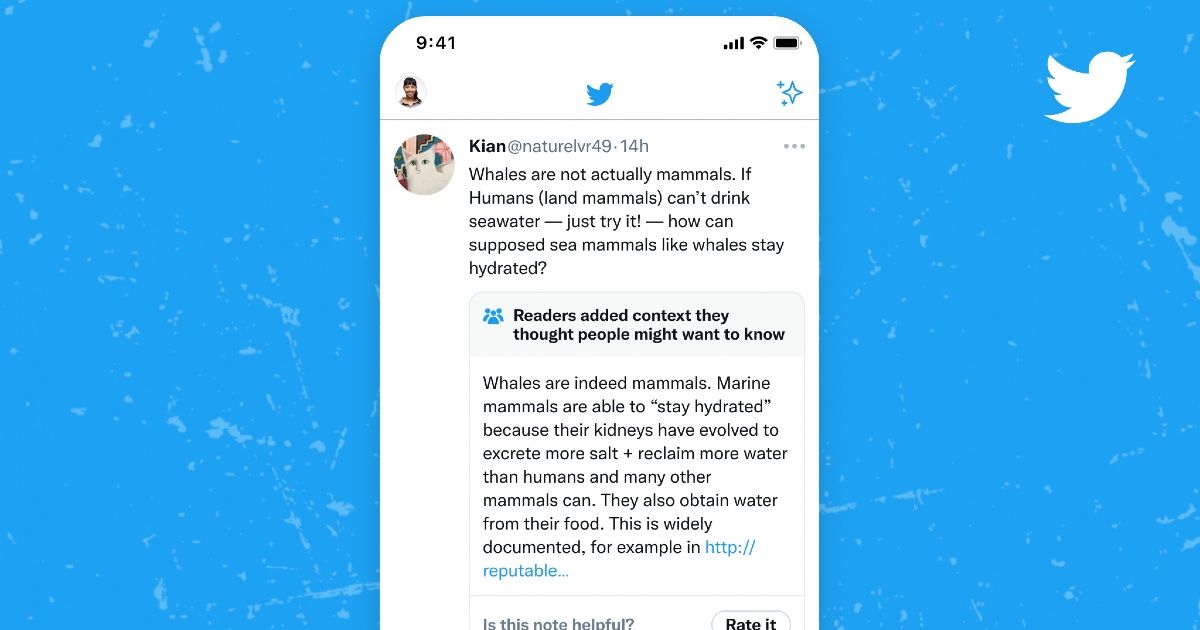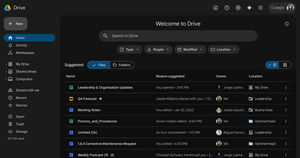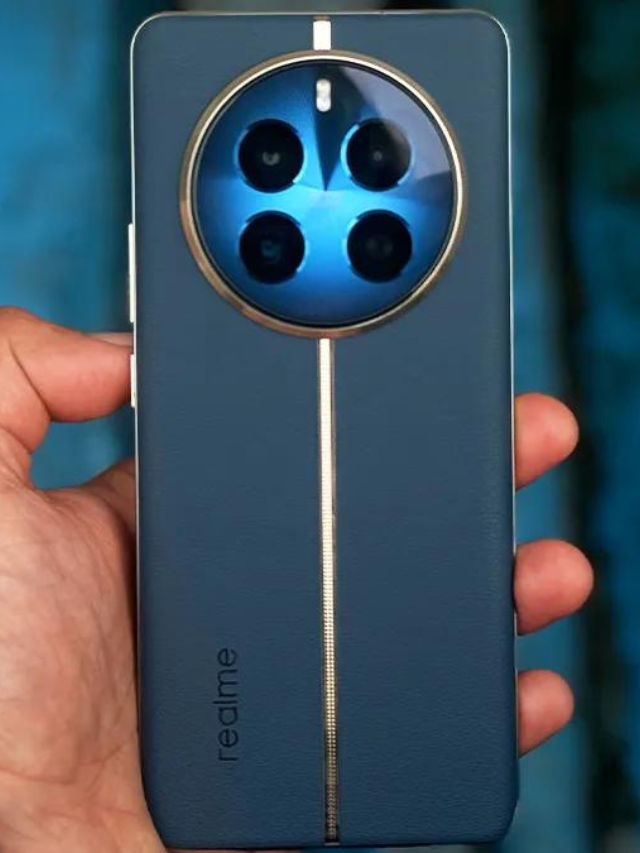
On Sunday, December 11, Twitter officially opened up the new version of its public fact checking platform, Birdwatch, for the entire world. Now called Twitter Community Notes, the platform takes a crowdsourced approach to flagging misinformation on the platform. The service will rely on a potentially expanding base of users who join the platform, and is putting in place a combination of ratings and contradictions to take a wide range of opinions and approaches into account.
In simpler terms, Twitter Community Notes is a crowdsourced approach that Twitter is taking in order to take on the issue of misinformation and propaganda posts on the platform. To do so, it is relying on users and their legitimacy to flag content that could be misleading. On this note, here’s taking a look at what Twitter Community Notes means, how it works, and what it means for you.
Also Read: Twitter Blue: How to Get the Blue Tick on Twitter, Features, Price in India, and More
What is Twitter Community Notes?
On January 25 last year, Twitter introduced a feature called ‘Birdwatch’, in the form of a pilot project based only for users in the US. Keith Coleman, who continues to serve as the vice-president of product at Twitter even under the new Elon Musk era, addressed the feature as a “community-driven approach to help address misleading information.” After remaining internal for the most part, the feature rolled out for the public in the United States on October 6 this year.
In the same timeframe, when Musk completed his takeover of the social media platform, he publicly voiced his opinion on Birdwatch — stating in a tweet that the platform had “incredible potential for improving information accuracy on Twitter.” The executive, however, was clearly against the name, and on November 5, announced that the platform will be renamed to Community Notes.
Beginning today, Community Notes are visible around the world 🌎🌍🌏
— Community Notes (@CommunityNotes) December 11, 2022
The latter is, as stated before, a community-driven fact-checking exercise wherein a select number of users can sign up to become a part of the community fact verification platform. To do so, you will need to ensure that you have been a member of the platform for at least six months before applying to be a part of Community Notes, you have no ‘recent’ strikes of violating any Twitter policy or code of conduct, and have a mobile phone number linked to your account, that is also verified. This process, according to Twitter, will help it reduce the number of users who may be inauthentic and thus end up diluting the veracity of its facts.
Once you are a part of the platform following matching the above basic criteria, you can become one of Twitter’s community fact-checkers, and help address misinformation on the platform.
How does it work?
If you see a tweet that you feel is misleading or incorrect factually, you may proceed to add an anecdote through the Community Notes platform. This anecdote will include a brief poll-like questionnaire where you address basic questions regarding why the piece of information is being flagged and subsequently add a link to support your claim behind this note.
Once you create the note, the latter will be rated by fellow community members, which lends legitimacy to the fact-check claim. However, to balance the fact check and ensure that the latter is not affected by political biases, Twitter will need community members who have previously disagreed or differently rated content on this platform to agree on the note — thus justifying its balance of opinion.
In a blog post explaining the rationale behind this requirement, Twitter says, “This is based on the intuition that contributors who tend to rate the same notes similarly are likely to have more similar perspectives, while contributors who rate notes differently are likely to have different perspectives. If people who typically disagree in their ratings agree that a given note is helpful, it’s probably a good indicator (that) the note is helpful to people from different points of view.”
Once this rating is established, such a fact-checking ‘note’ will get added to the contentious tweet in question and will be visible to all.
Why is it relevant?
Twitter Community Notes comes at a time when multiple questions have been raised about Musk and how he may approach the issue of moderating and filtering content that spreads hate speech and misinformation on the platform. It is this that makes Community Notes particularly important since this is the first time since his takeover of the platform that Twitter has added any notion of adding a layer of checking misinformation on it.
Twitter, albeit with a significantly lower count of active users than Meta’s Facebook and Instagram, remains one of the most relevant and influential social media platforms in the world due to its influence and impact on politics, news and global affairs. Over time, the platform has faced multiple criticisms, including as recently as last week as part of the controversial ‘Twitter Files’.
The latter, which many believe was sourced to an ex-New York Times journalist Bari Weiss by Musk himself, claimed to highlight how the previous hierarchy of Twitter, which included chief executives Jack Dorsey and Parag Agrawal, policy head Vijaya Gadde, and trust and safety head Yoel Roth, combined to curtail a number of popular accounts who were large of right-wing, conservative ideologies.
Musk, on the other hand, has proclaimed himself to be a ‘free speech absolutist’ — in effect, becoming a critic of Twitter’s previous regime of operations himself.
Will it affect you in any way?
For one, if you qualify in terms of criteria, you can become a member of the platform yourself. However, regarding the service ‘affecting’ you, it may crop up as a prompt on your tweet if you post content that is not verified or is misleading. As some reports have underlined, the process appears to be more transparent than the typical tech-driven fact-checking process that most social media intermediaries follow.
Hence, if you post misleading information on Twitter, you will likely be flagged publicly for your post.

















